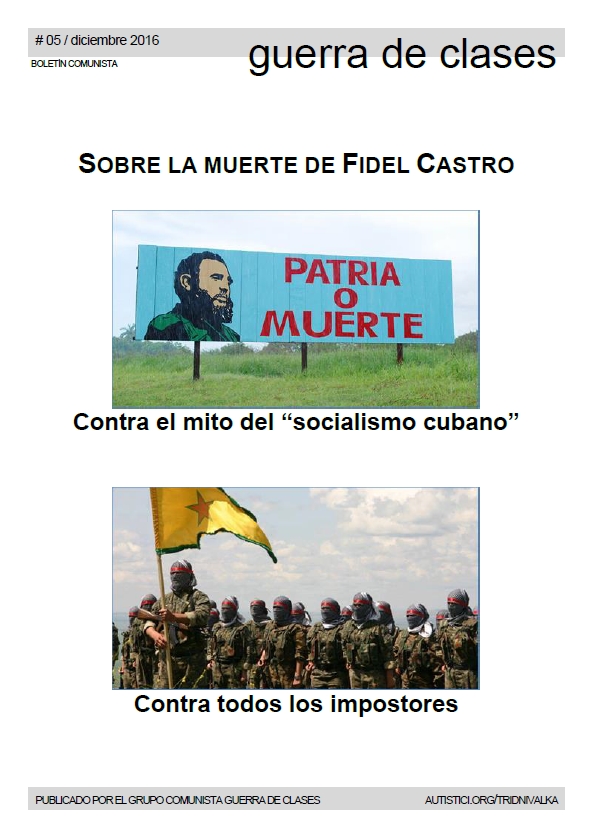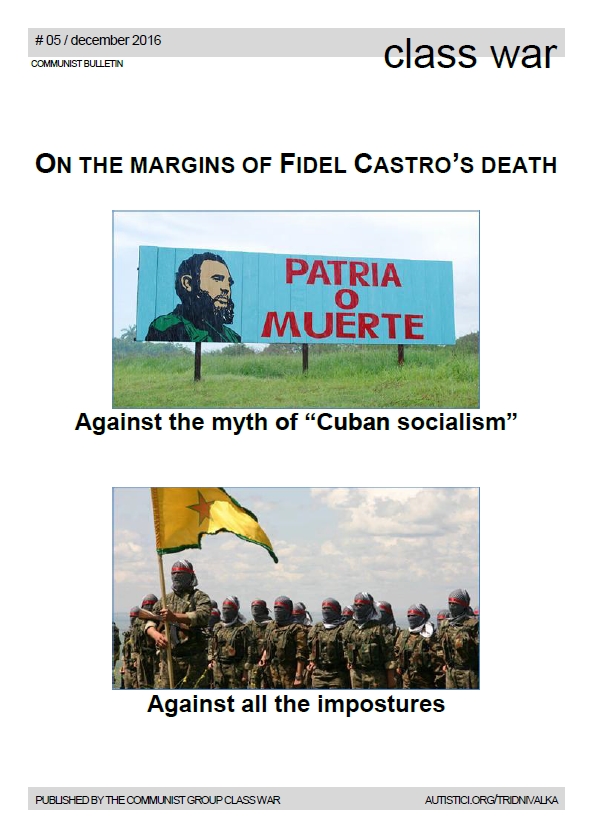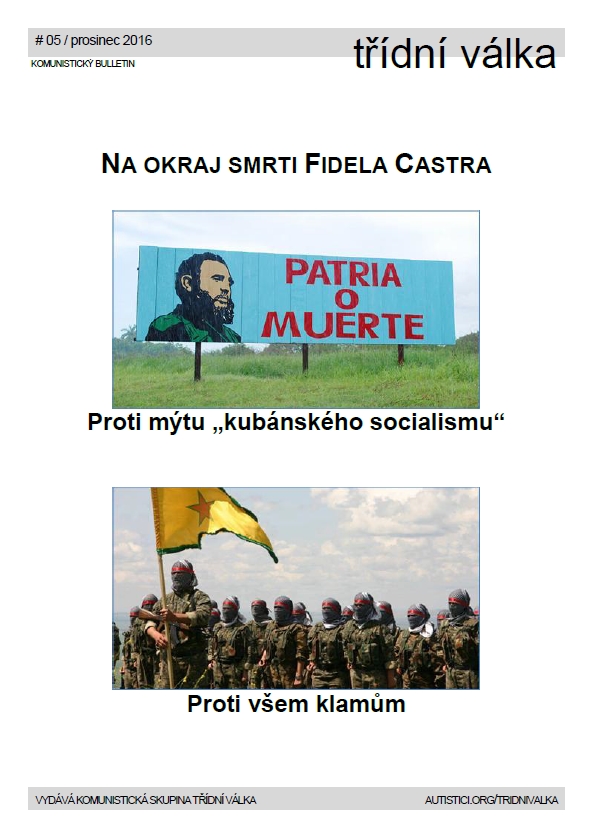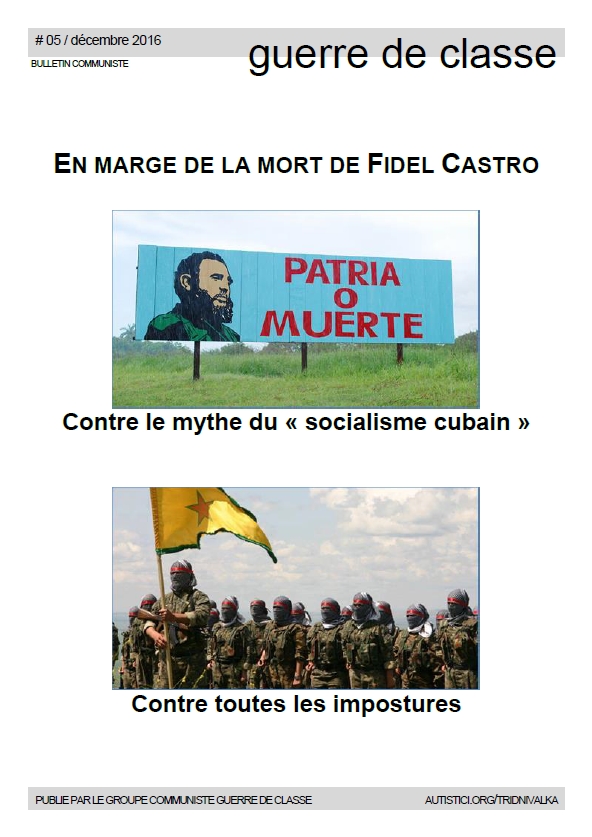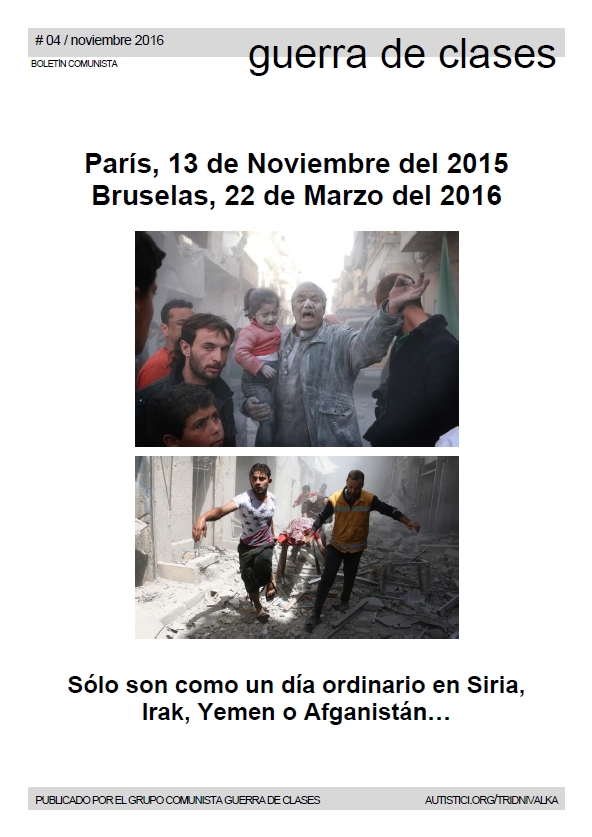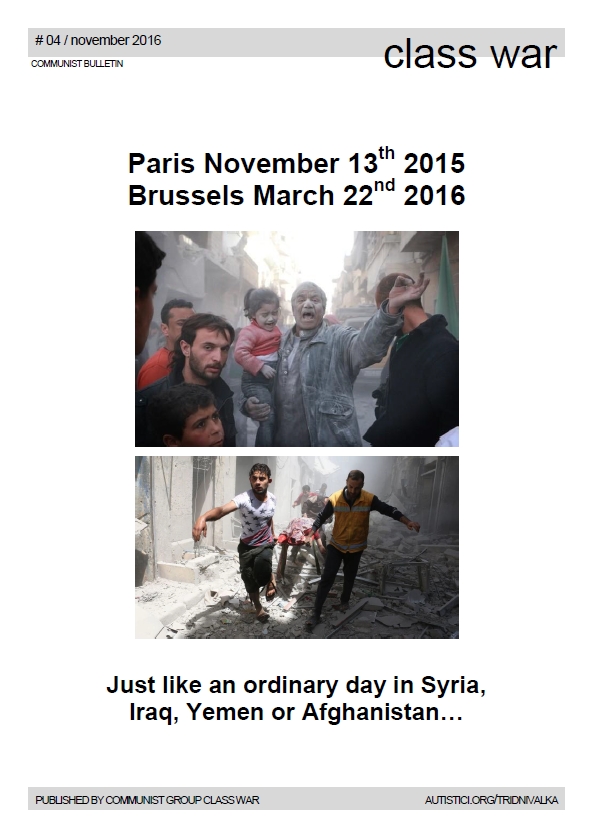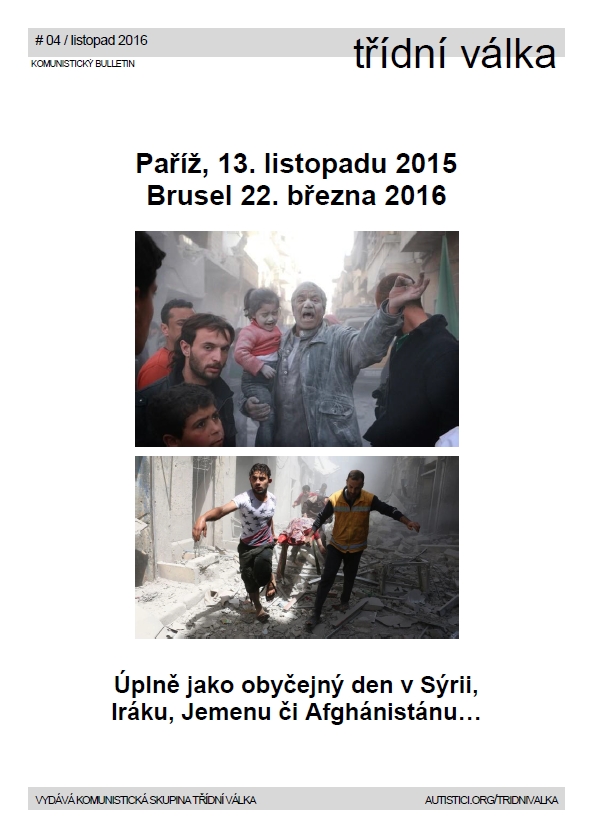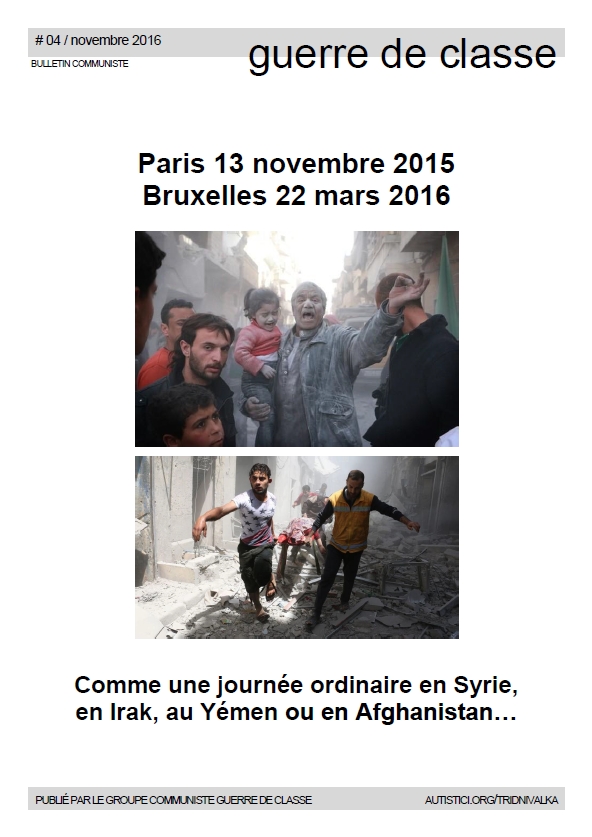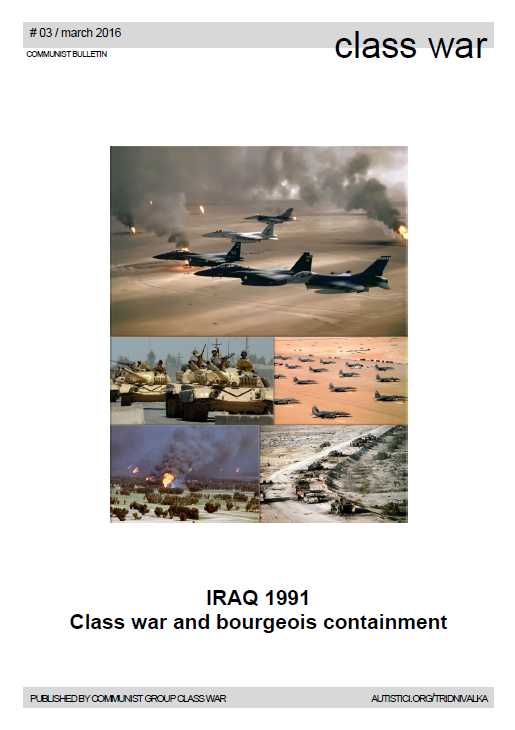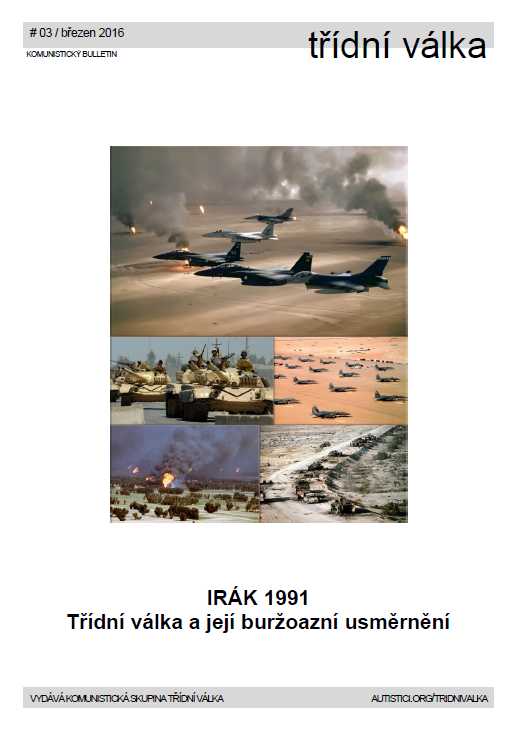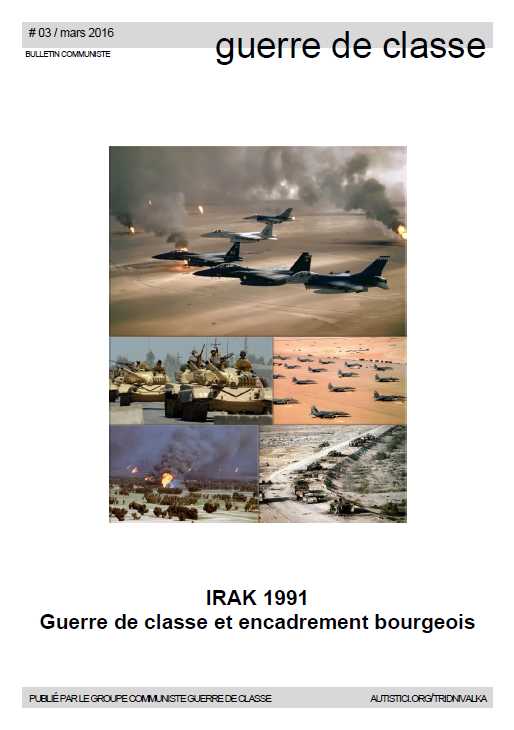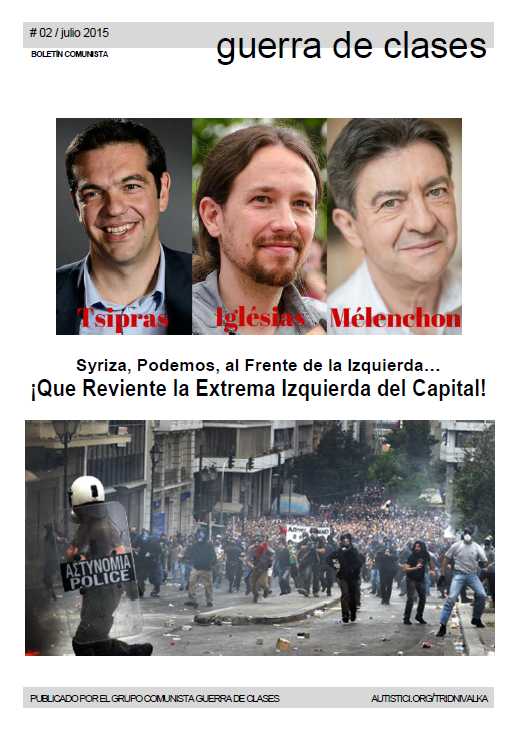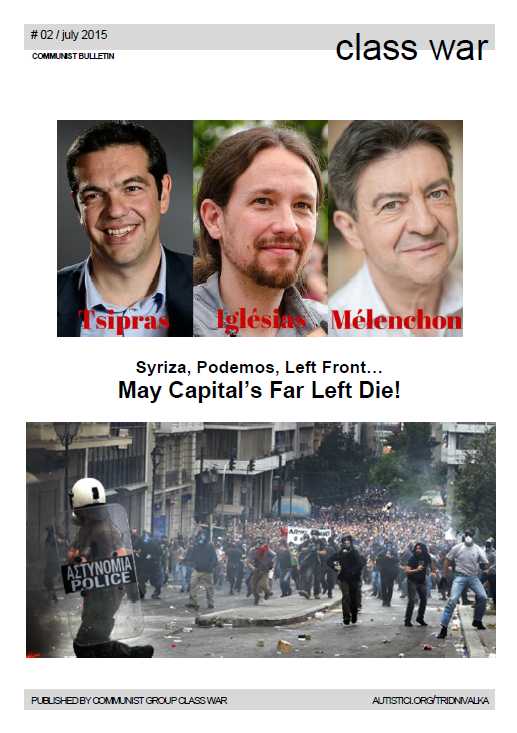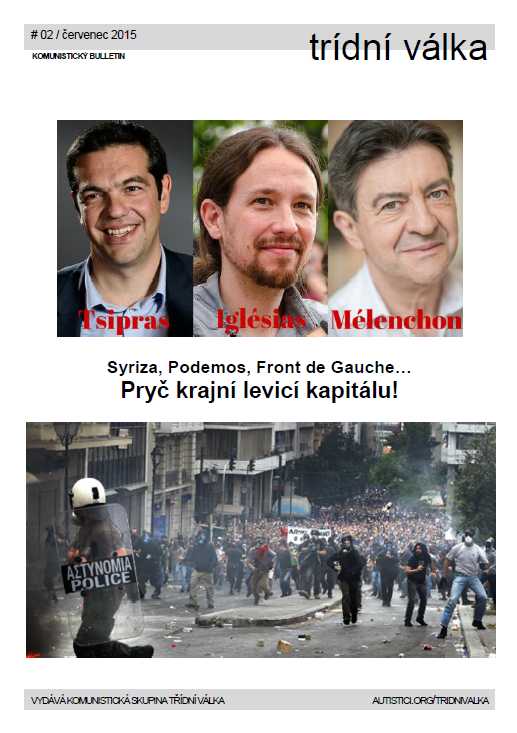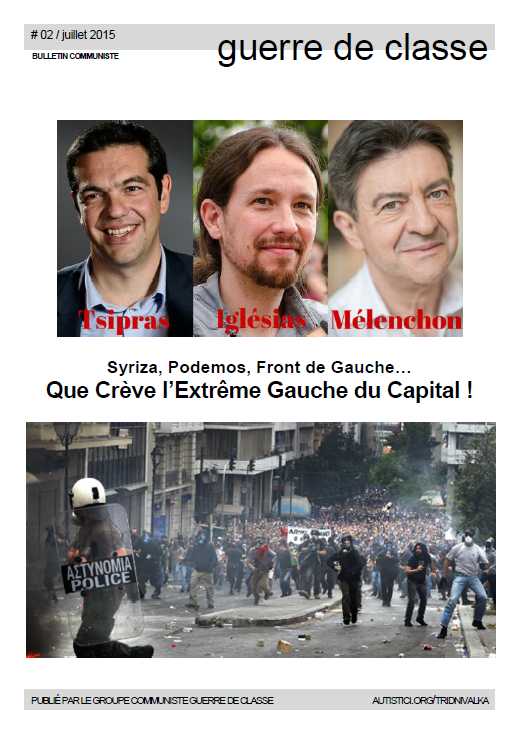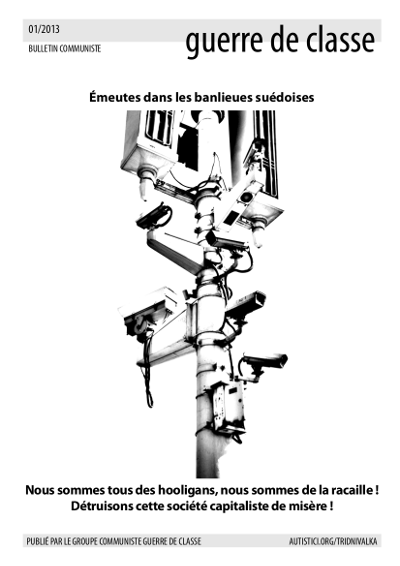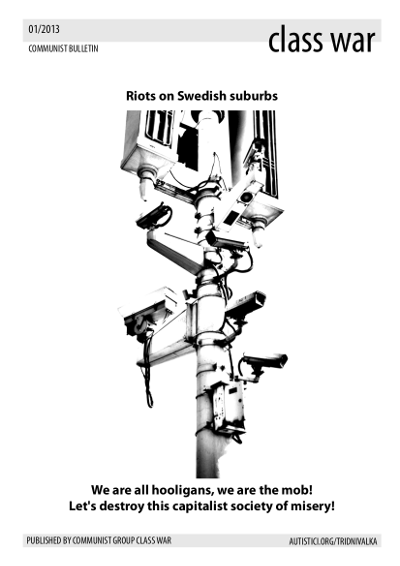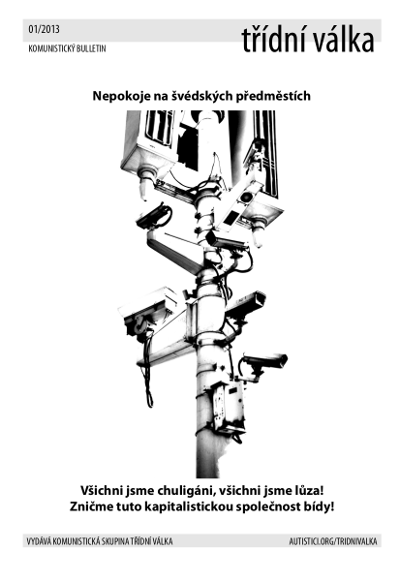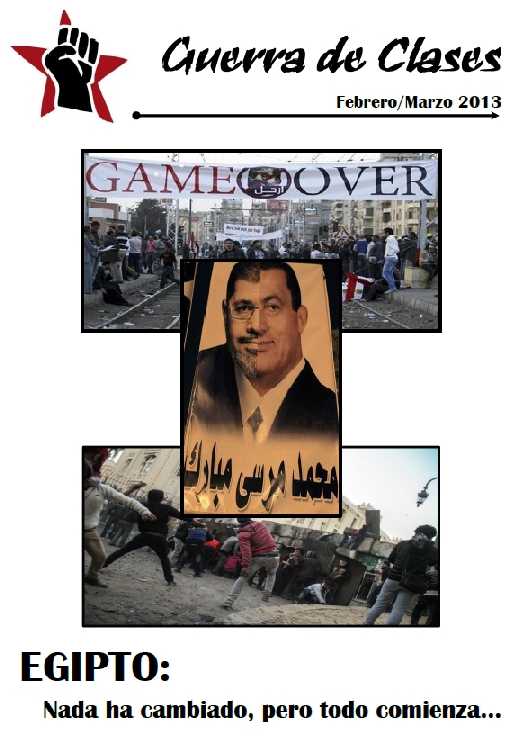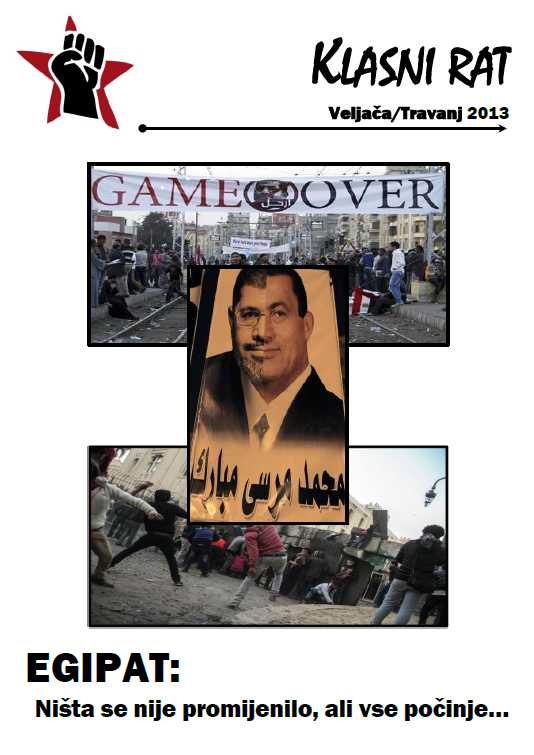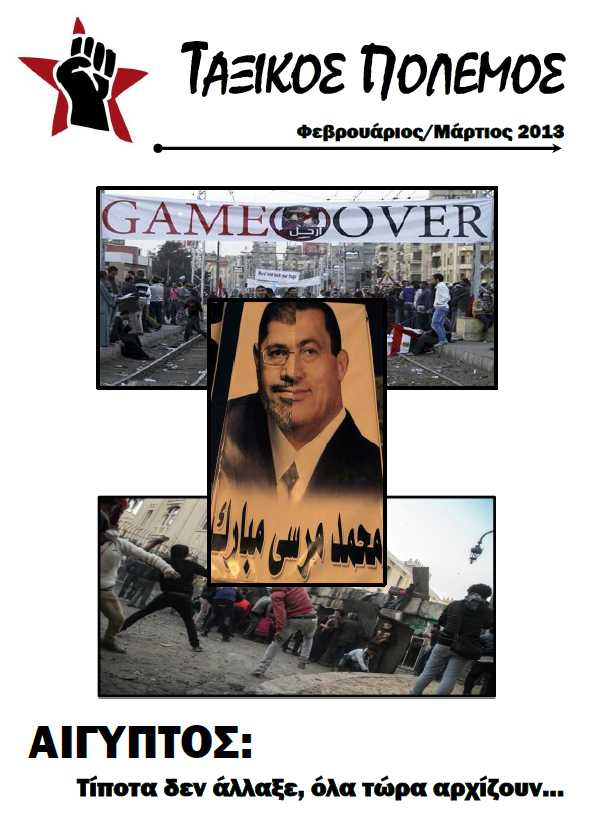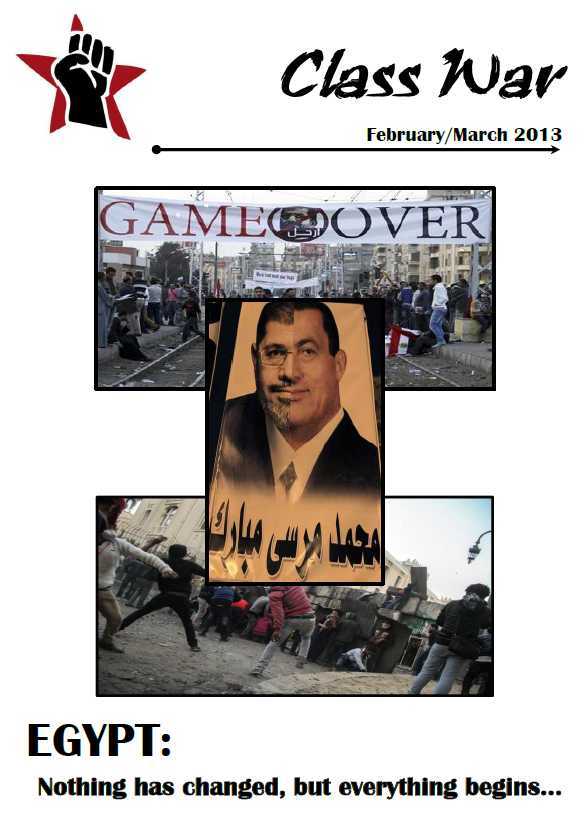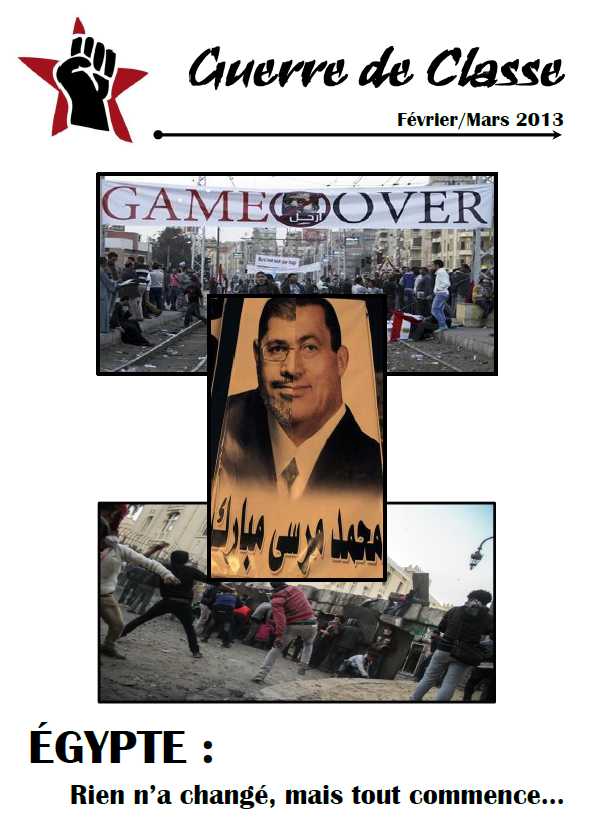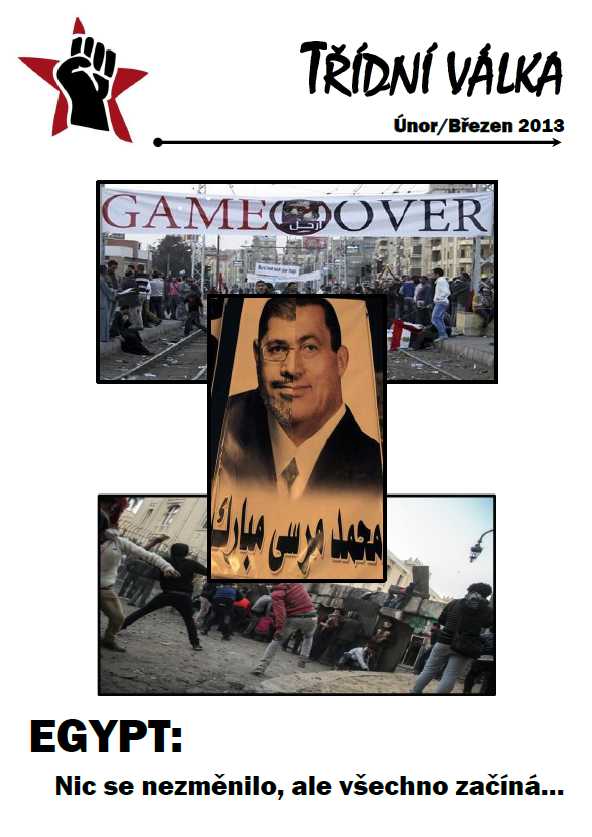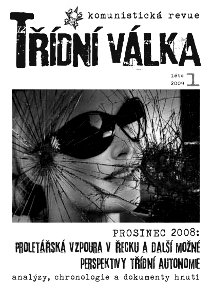Foreword
“We do not think the revolution was perfidiously wasted by those, who fell wrapped into an unfortunate flag of the defeated revolution, but by those, who, from behind their desks of wisdom or from their platforms, were subsequently unable to deduce from this sacrifice anything more than a few phrases of a demagogical admiration accompanied by defeatist comments.”
Amadeo Bordiga
(From the Commune to the Third International, 1924)
What a deep truth is contained in this quotation from a contradictory Italian leninist, Amadeo Bordiga (1), even in relation to a revolutionary working class movement in Bohemia, Silesia, Moravia, Slovakia as well as the Carpathian Ukraine since 1917 till 1921! This class movement abounding in a revolutionary desire to do away with capitalism and create a truly human society went as far as it was allowed by objective conditions and its own weaknesses. On one hand a bolshevik counter-revolution, which at the end devoured and destroyed all revolutionary potential of the movement, celebrated it and on the other robbed it of any revolutionary content. Bolsheviks elevated its weaknesses to virtues and used all this proletarian experience only as a myth supporting its own ideology. Now this movement is forgotten even by those, who consider themselves as classist revolutionaries. Frequently it is only because of a lingering burden of the bolshevik myth, but also because the then class militants did not flock under this or that flag and did not adhere to this or that single right ideology.
What you are holding in your hands, is the first from a series of texts which we intend to devote to the topic. This text deals with the first stage and context of the class movement in the Austro-Hungarian monarchy’s Czech Lands. That is why it starts off with the outbreak of the world war in 1914, which was accompanied by many expressions of anti-war resistance, which roughly in 1917 began acquire a revolutionary proletarian perspective, arduously striving at its own realisation in our class’ direct actions till its ultimate defeat in 1921. The movement’s first stage, however, concludes around the end of 1918 by the first temporary defeat of proletariat. And this defeat also represents the end of this pamphlet.
In general, proletarian struggles on a territory of former Czechoslovakia in years 1917-1921 are an integral part of the revolutionary wave, which at the end of the World War One began to shake the world, and they are also an important part of our class‘s history. If today we are returning to them – almost after one hundred years – we are not doing this out of a kind of need to be historians of proletariat. We are classist militants, Communists, and it is social revolution what is our goal and purpose of all our endeavor. That is why an excavation of our class brothers’ and sisters’ experience – an experience for a long time drowned and distorted by deposits of bourgeois ideology (stalinist, liberal…) – would be by itself an interesting and meritable act, nevertheless as Communists we strive to break the ideological separation between theory and practice, between a mere enumeration and description of past class struggles and drawing practical lessons for current and future struggles.
In other words, it is not our aim in this text to imitate bourgeois historiography and pile up facts, whom we will ascribe either positive or a negative sign according to an ideological key. Facts are important for us only as a source of appropriating – based on practical experience of the then proletarian movement – all points and levels, which represent a then classist militants‘ rupture with capitalism and an affirmation and development of our class’ historical programme. Of course, we do not want only to affirm strengths of the movement, but also to criticise its weaknesses.
We do not see the revolutionary proletarian movement in the Czechoslovakian Republic and before its foundation as an isolated one. It was just one of many parts, one of many moments of a worldwide proletarian movement. In the same way as Capital is a global social relation, proletariat is a global class and the communist movement arising from it and aiming at subversion of the capitalist world is global as well. The movement on the Czechoslovakian territory definitely was not one of peaks of the then revolutionary wave. Elsewhere (primarily in Germany) the proletarian revolution went further in some aspects and brought a much higher level of historical communist programme‘s clarification. In the same way as for example classist militants, who led in December 1920 an insurrection in the region of Hodonín, we are also a particular expression of a sum of experience gathered by the communist movement throughout its existence in time and space. This is why we view workers struggles from 1917 till 1921 on one hand as a source of practical lessons for the future and on the other hand while analysing them we aply to them practical lessons from all big confrontations, which our class has gone through.
To conclude this it is neccessary to add that our text is definitely not fully exhaustive, for it is out of our possibilities to excavate and study all the materials, which it has been still possible to find today. This weakness can be also seen from a disproportionate length of individual subchapters: some very important topics got lesser space than others, which is purely due to the fact that we did not obtain a bigger amount of detailed information. This is why the text needs to be discussed, develop and deepened further. That is also why we call all militants, who understand the meaning of our class history’s programmatical discovering, to involve themselves in the process of further development of this text through looking for and studying new sources that could be useful. This text is also not an academic text, thus do not expect it to match all criteria of bourgeois scientism. It is meant as a first contribution not only towards a recovery of a proletarian memory, but also towards a clarification and appropriation of its historical revolutionary programme. This is why we primarily deal with an analysis of the class movement itself in it, since it is only this movement, where the communist movement and revolution come from. We are not looking for a sort of ideological ancestors, who were sure and exclusive bearers of a communist consciousness and programme, in order to incorporate them into a genealogy of this or that “sacred” ideological family (which is typical for all possible social democratic ideologists). We are looking for lessons to be used in confrontations, which are only awaiting proletariat.
Class War
2008
